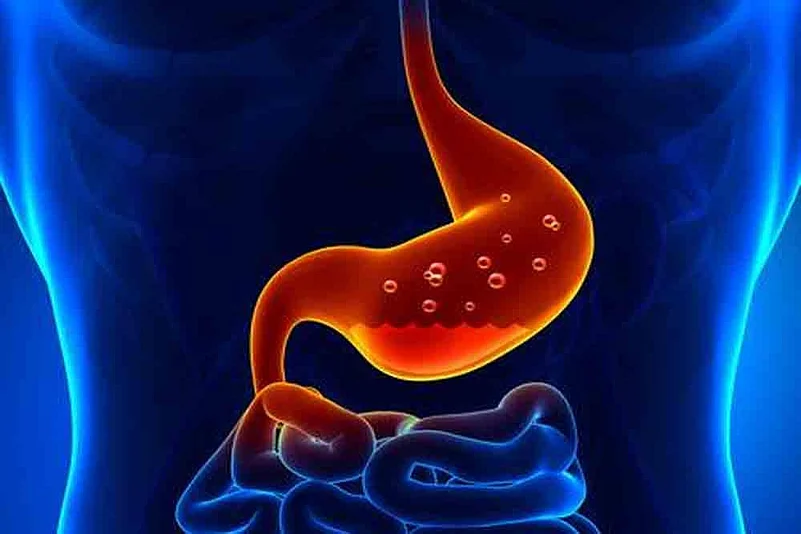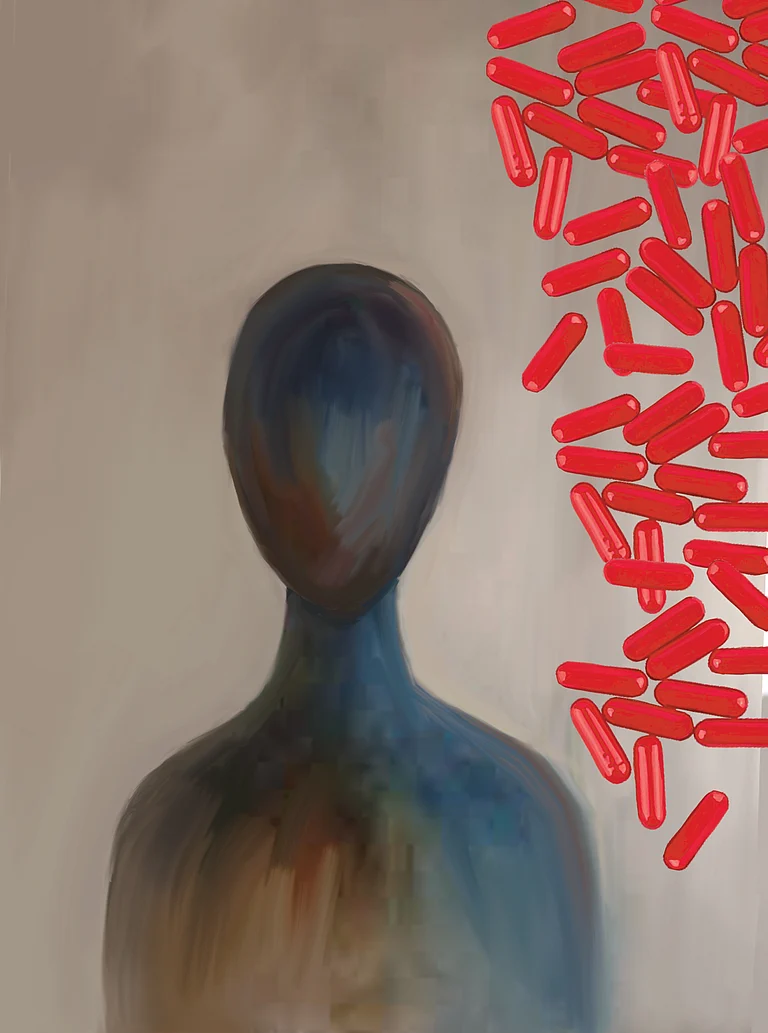Chronic acidity, Acid Reflux or what’s called Gastroesophageal Reflux Disease (GERD) in medical parlance, is the back flow of stomach contents into the esophagus (food pipe). There are various reasons behind GERD, such as hiatus hernia (protrusion of part of the stomach through the diaphragm into the esophageal area), reflux esophagitis, abdominal pressure associated with obesity, or pregnancy pyrosis (heartburn during pregnancy). GERD is caused by a prolonged relaxation of the lower esophageal sphincter and delayed gastric emptying, causing irritation of the esophagus as there is abnormalities in the secretion of gastric acid, bile, and pepsin.
Symptoms associated with GERD
•Heartburn
•Sour taste with acid regurgitation
•Belching and bloating
Treatment for GERD may include medications advised by your doctor and certain dietary and lifestyle modification. Better to go for a combination of approaches.
Lifestyle modification:
•Maintain an upright posture (yoga posture) during meals and for 45 to 60 minutes after eating (to avoid backflow of stomach contents)
•Achieve and maintain a healthy body weight
•Elevate the head about 6 inches when sleeping
•Stop smoking
•Avoid eating within 2 to 3 hours of bedtime
•Avoid clothing that is tight around the stomach area
Things that aggravate GERD:
•High fat foods
•Caffeine
•Chocolate
•Onions
•Peppermint
•Carbonated beverages
•Alcohol
•Citrus and tomato products
Dietary recommendation:
•Limit high fat foods, e.g. fried foods, high fat baked goods, cakes/cream, ice cream, high fat cheeses, sausages, bacon, potato chips, etc. they are found to delay gastric emptying and decrease the LES pressure thereby prolonging the esophageal exposure time to stomach acid and the volume available for reflux.
•Adequate protein intake. protein increased the LES pressure thereby allowing the closure of the sphincter and reducing reflux. Specifically go for lean protein like egg whites, lean meat etc.
•Limit chocolate and coffee. It contains methylxanthine, which causes muscles to relax and lowers the LES (Lower Esophageal Sphincter) pressure and also stimulates gastric secretions, which induces acid reflux
•Limit or avoid alcohol, mint, citrus, tomatoes, and/or carbonated beverages according to individual tolerance. These foods may cause further irritation to damaged esophageal mucosa.
•Increase intake of Fruits and Vegetables for more fibre. Non citrus fruits such as bananas, melons, apples, and pears etc. to be preferred.
•Prefer Complex Carbohydrates. Oatmeal, whole grain bread, rice, and couscous. All of these are good sources of healthy complex carbs. Whole grains and brown rice add fiber to your diet.
•Healthier Fats. Try Monounsaturated fats for examples olive, sesame, canola, and sunflower; avocados oils; peanuts and peanut butter; and many nuts and seeds. Polyunsaturated fats variety of fat for examples include oils such as safflower, soybean, corn, flaxseed, and walnut; soybeans and tofu; and fatty fish such as salmon and trout.


























